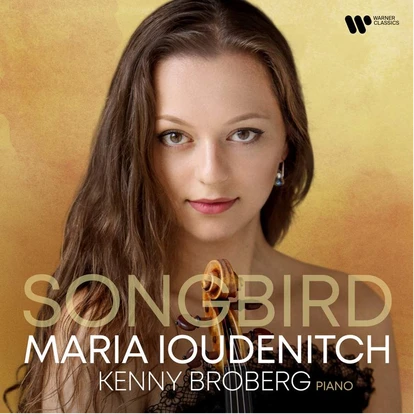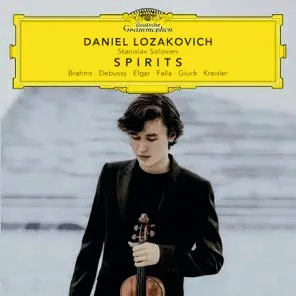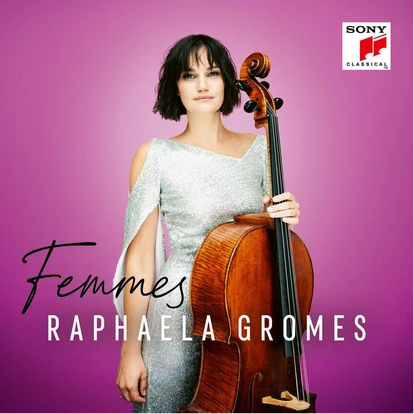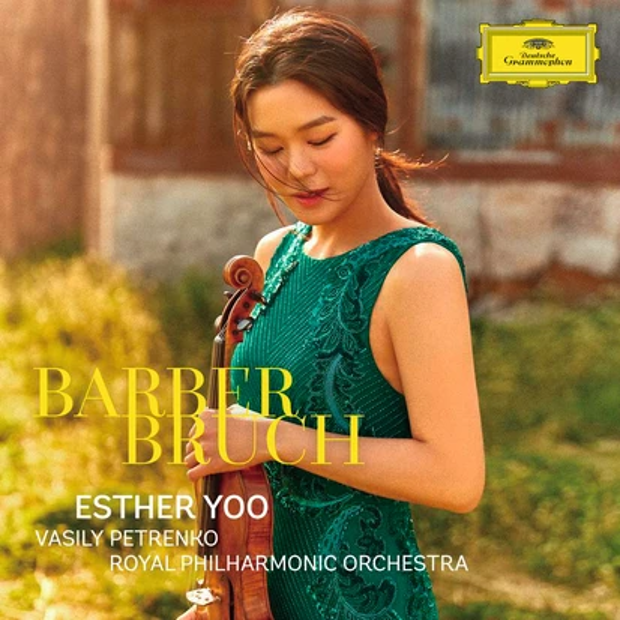Metamorphosen – John Wilson
Metamorphosen: Korngold, Schreker, Strauss” – An Enthralling Orchestral Journey with Sinfonia of London and John Wilson
John Wilson and his Sinfonia of London continue to demonstrate their artistic versatility and dedication to presenting diverse musical landscapes. Their latest release, a unique addition to their repertoire, centers around the evocative “Metamorphosen: Korngold, Schreker, Strauss.” This album, rich in historical and emotional significance, showcases the conductor’s discerning musical tastes and the ensemble’s exquisite virtuosity.
The focal point of the album is Richard Strauss’s poignant and introspective “Metamorphosen for 23 Solo Strings.” Composed during a period of profound post-war reflection, the piece serves as Strauss’s elegiac response to the cultural devastation wrought by World War II. John Wilson and his ensemble delve deeply into the piece’s intricate counterpoint and emotional depth, offering a performance brimming with expressive power. Chandos’s impeccable multi-channel recording captures every nuance and intricacy, ensuring that even the densest passages retain their clarity. Wilson’s interpretation infuses the music with emotional fervor, making this rendition stand out among other notable versions.
Following the resounding impact of Strauss’s work, the album delves into the works of two composers whose lives were tragically shaped by the political turmoil of 1930s Europe. Franz Schreker’s “Intermezzo, Op. 8 for String Orchestra” emanates lyrical charm, revealing a facet of the composer’s style that predates his later expressionistic tendencies. The Sinfonia of London delivers this piece with eloquence and sensitivity, honoring Schreker’s artistry while offering a glimpse into his lesser-known compositions.
Erich Wolfgang Korngold, a composer who found refuge in Hollywood after fleeing Europe, is represented by his “Symphonic Serenade Op. 39 for String Orchestra.” This ambitious work, written in 1947-48, showcases Korngold’s desire to reestablish his reputation in mainstream composition after the war. The intricate tapestry of strings, featuring a large complement of 64 players, is skillfully and imaginatively navigated by Wilson and his ensemble. Noteworthy is the virtuosic “Intermezzo,” played almost entirely pizzicato, and the deeply moving “Lento religioso,” both masterfully interpreted by Wilson. Chandos’s multi-channel SACD format brings a new dimension to the album, capturing the acoustic nuances of the recording venue and immersing listeners in a captivating sonic experience.
Recorded at the Church of St. Augustine, Kilburn, the album benefits from Chandos’s recording engineers’ expertise, resulting in a sound stage that is immersive, detailed, and resonant. The historical significance of these works, combined with the exceptional performances and recording quality, makes this release an essential addition to any classical music collection. John Wilson and the Sinfonia of London’s dedication to exploring lesser-known gems and delivering compelling interpretations make “Metamorphosen: Korngold, Schreker, Strauss” a highly recommended album that resonates with both musical enthusiasts and those seeking profound emotional depth in orchestral compositions.










